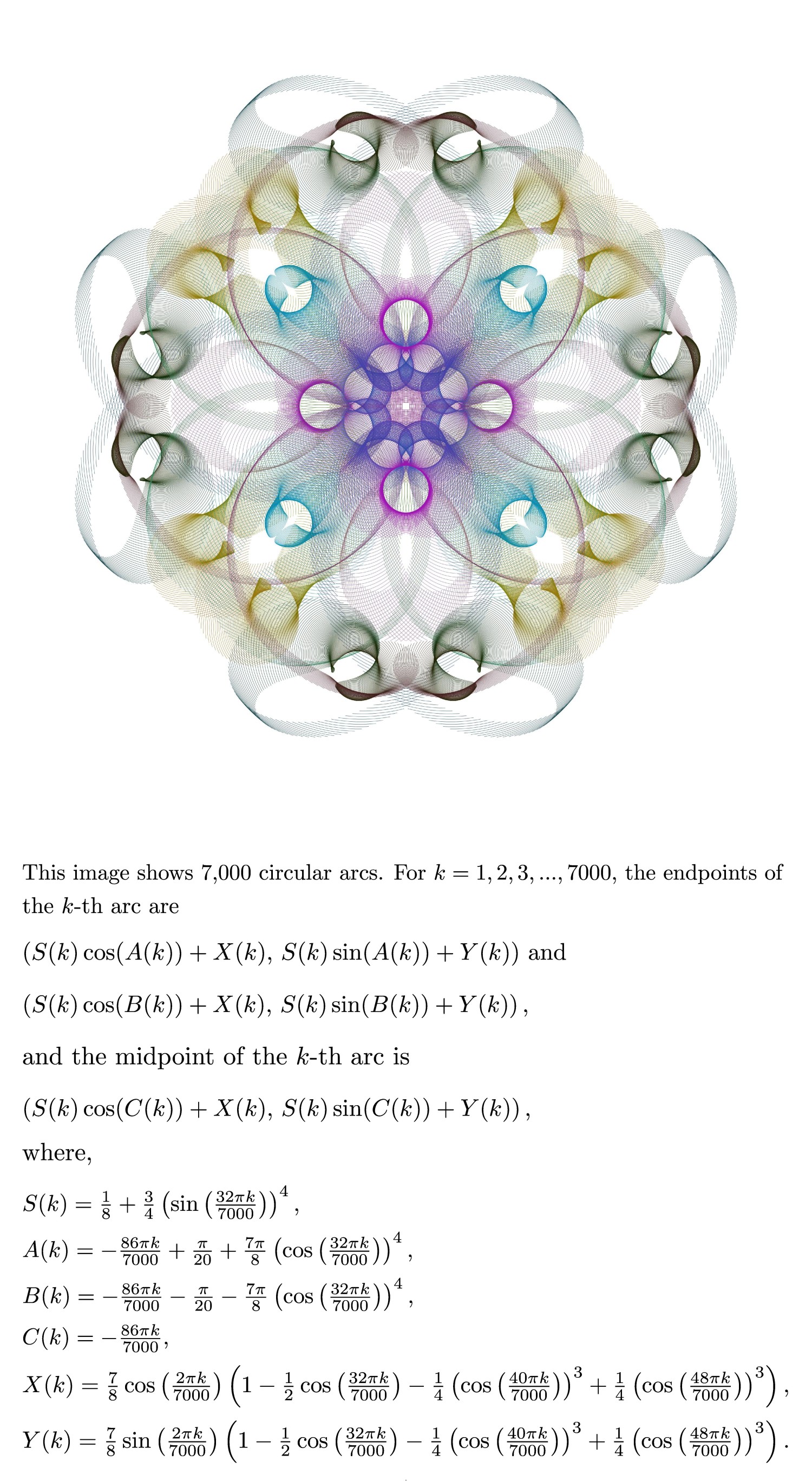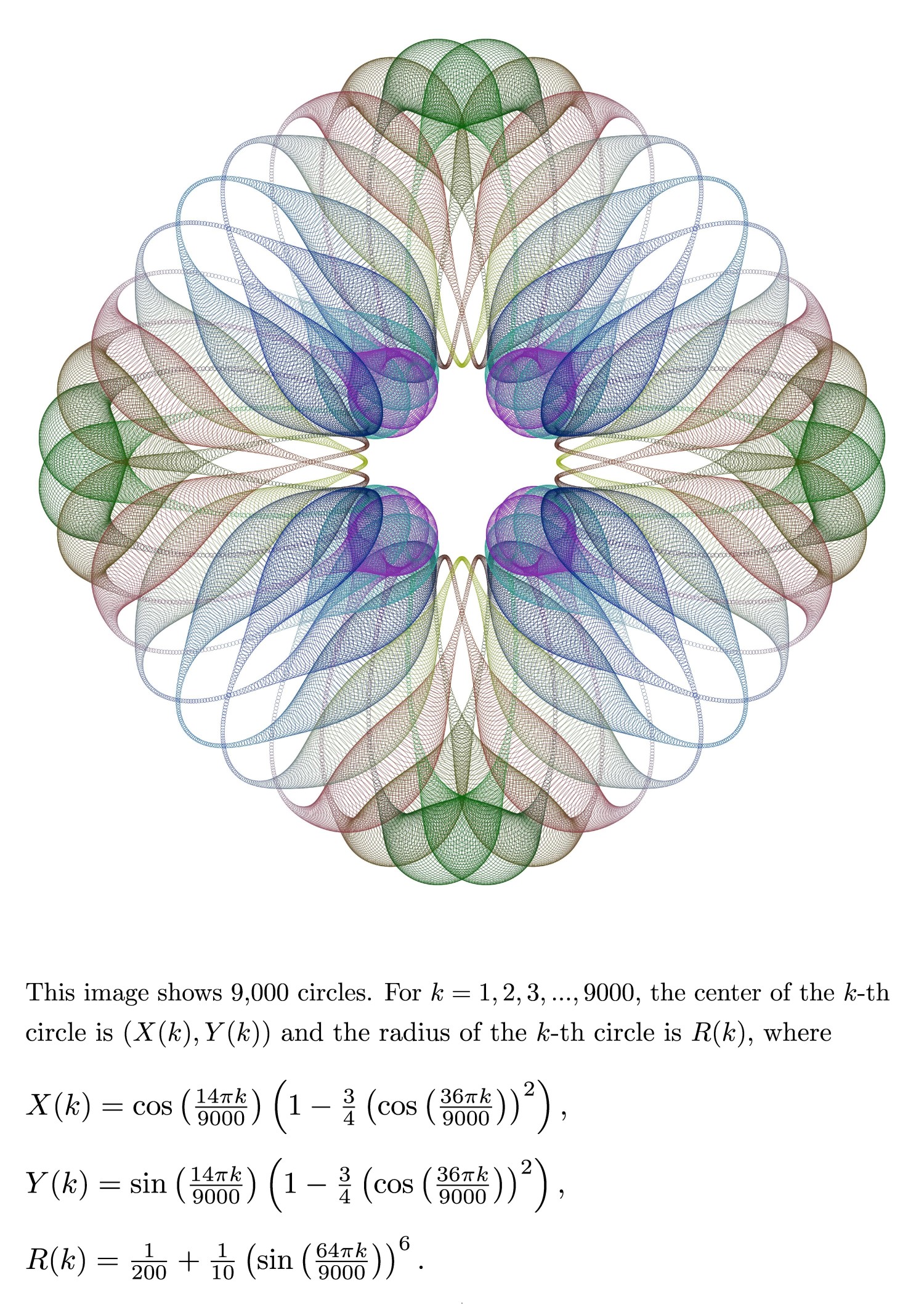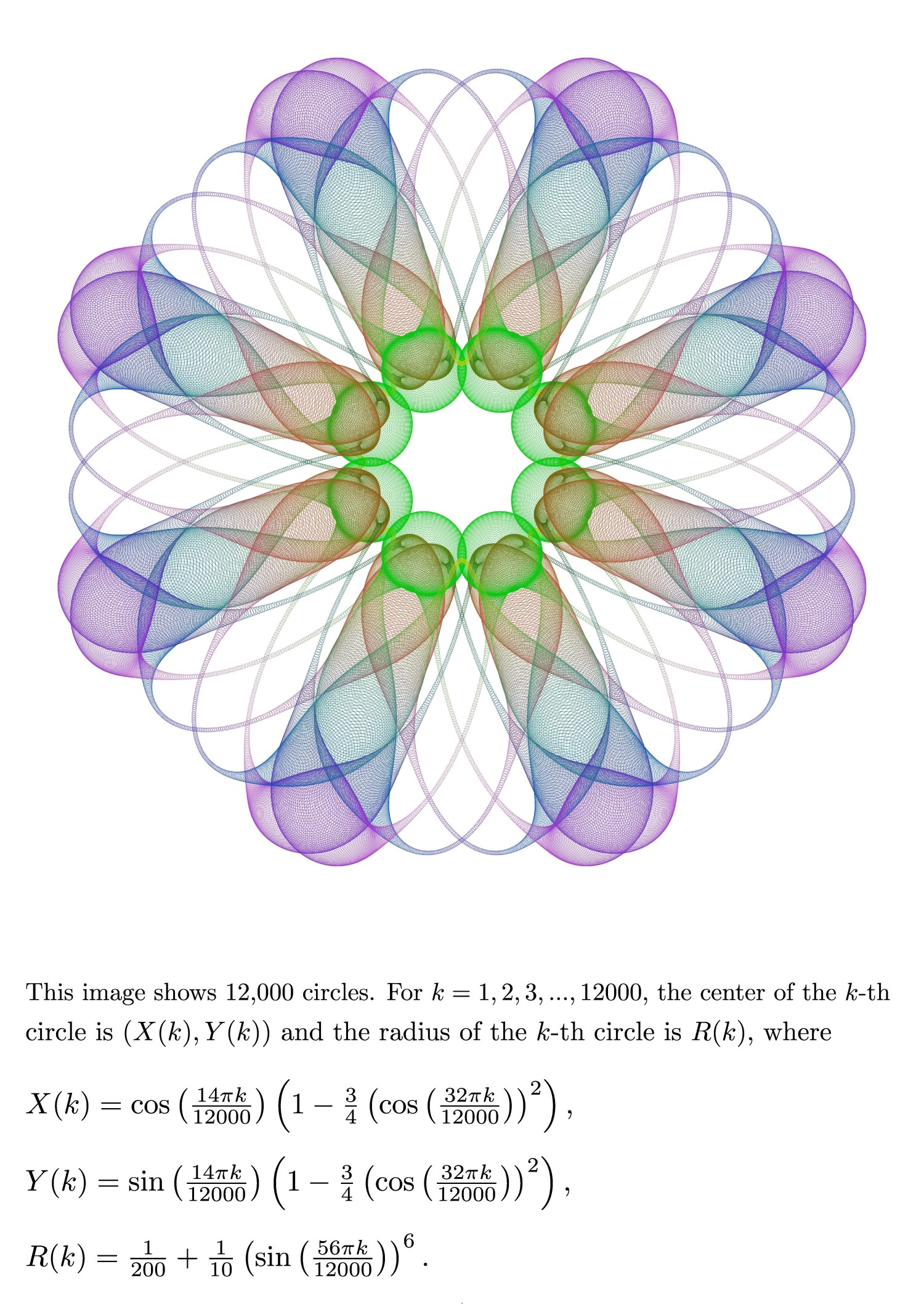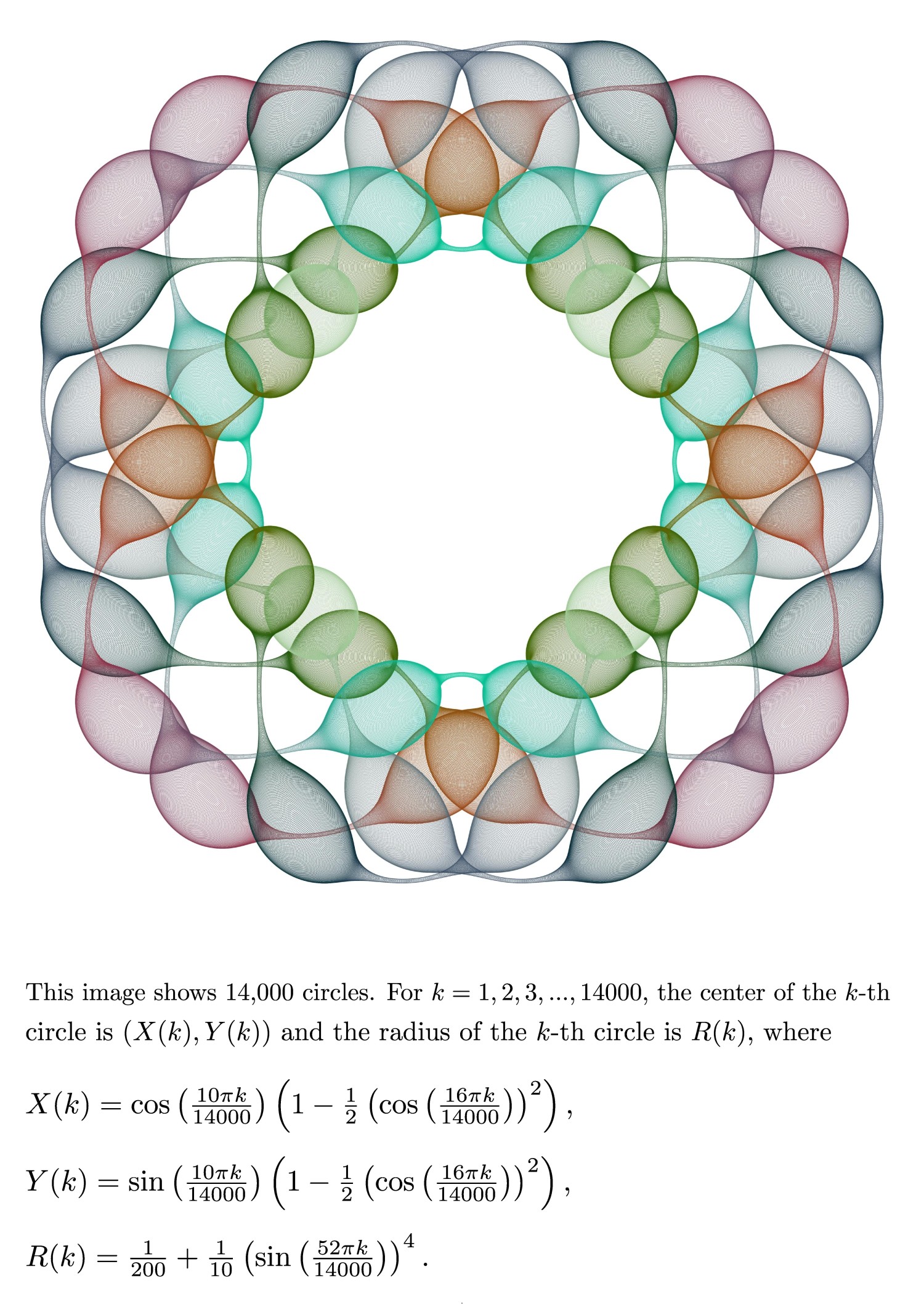In addition to my performing career, I've had lots of opportunities to work with students in different fields. For years I taught martial arts (which was mostly how I paid for university where I studied math... not the fast track to popularity you would think it was) and for nearly as many years tutored math (primarily for high school students). Now I teach magic several times a year through a children's community outreach program called My Magic Hands.
One of the things which often needs to be included in that training is an instruction on how to practice. This short animated clip summarizes things quite nicely. It's important, because once you learn strategies for effective practice, they transfer almost immediately to any discipline.
While they gloss over it briefly towards the end, particularly effective is the idea of starting slowly and building up speed over many, many repetitions. I remember both for students of martial arts and magic, when something is not working, the tendency was to attempt to do it faster or more vigorously. In fact, speed early on just diminishes the amount of control that you have and tends to make things worse.
When it came to math, the equivalent was for the student to try to do as much work in their head as possible. I believe the unstated premise was that the method which had the least amount of writing in the page was the most effective because it got to the solution "faster". In fact, trying to juggle lots of pieces of information behind the eyes slowed them down, increased their chances of making a mistake and making it impossible to find later. What proved the most valuable the most often was the method which left the most steps visible on the page (in accordance with the cliche dictum of showing your work).
Another early magic mentor highlighted another important phrase: practice doesn't make perfect, practice makes permanent. So effective practice becomes extremely important.






